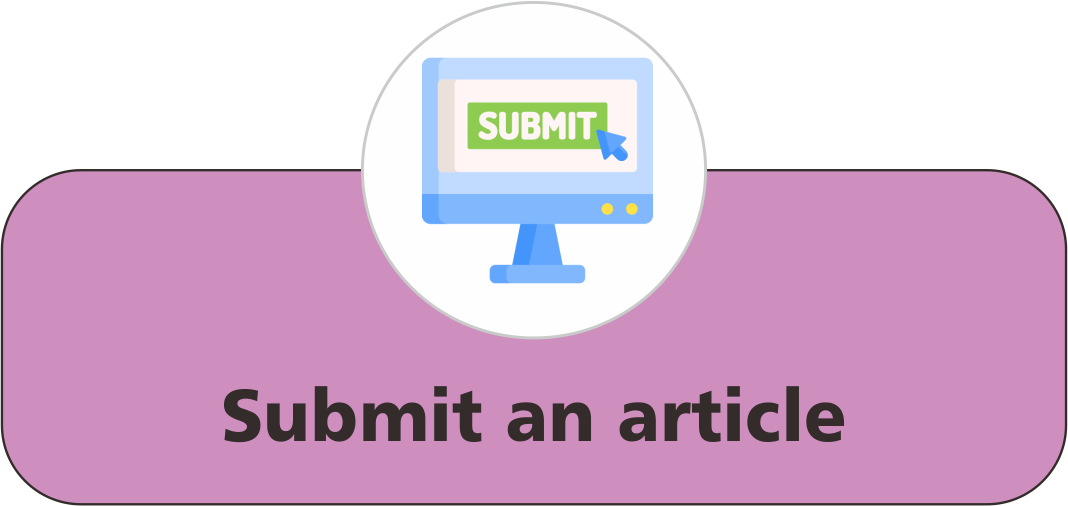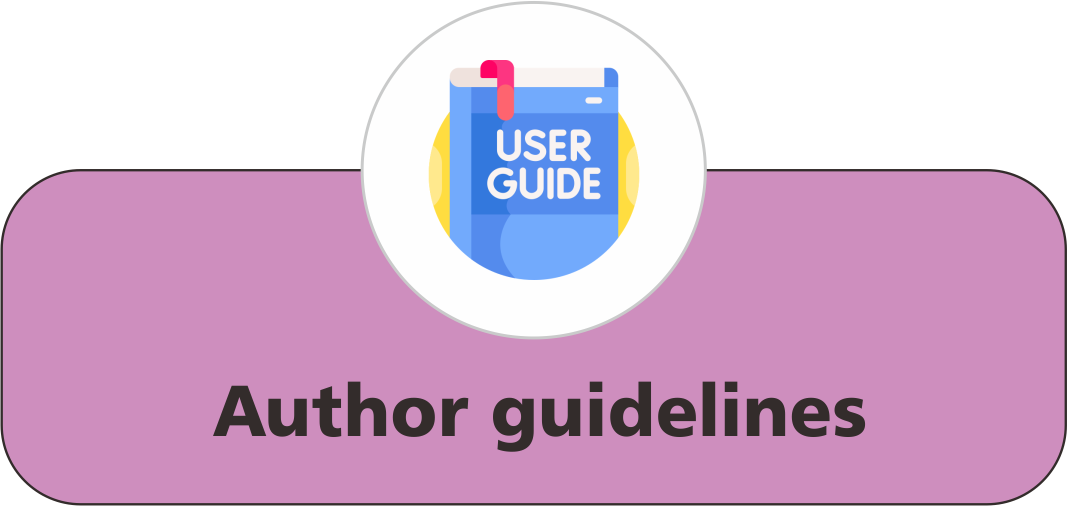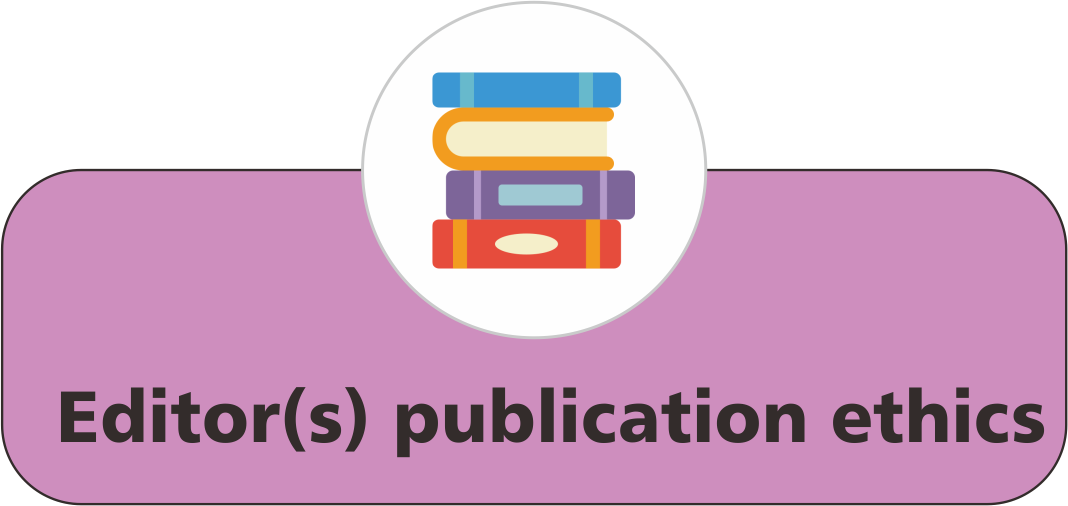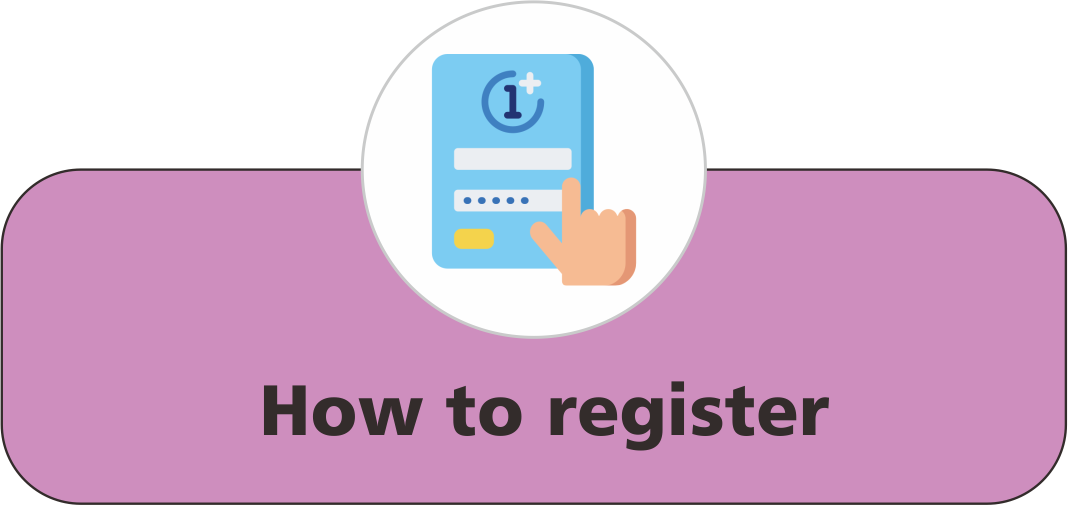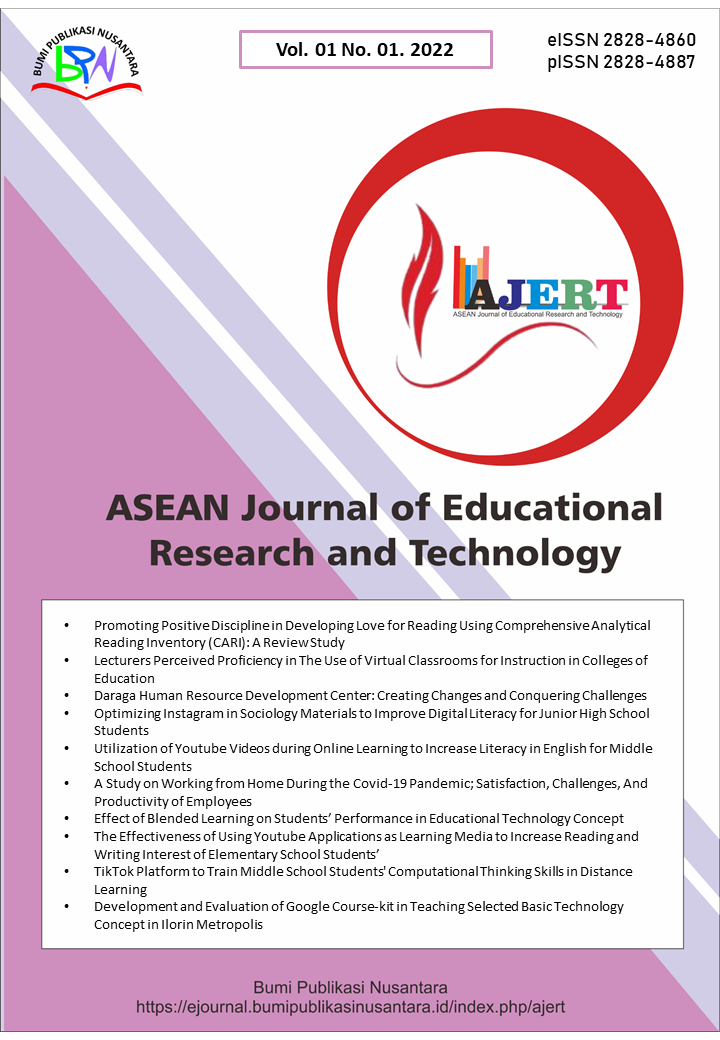A Quantitative Approach to Challenges Facing Online and Physical Classrooms in Higher Institution
 ), Precious Ize Oludare(2),
), Precious Ize Oludare(2),
(1) University of Ilorin
(2) University of Ilorin
 Corresponding Author
Corresponding Author
Abstract
Keywords
References
Aboagye, E., Yawson, J. A., and Appiah, K. N. (2021). Covid-19 and e-learning: The challenges of students in tertiary institutions. Social Education Research, 2(1), 1-8.
Adrian, L. M. (2010). Active learning in large classes: Can small interventions produce greater results than are statistically predictable? The Journal of General Education, 59(4), 223-237.
Ajayi, I. A (2009). Achieving universal basic education in Nigeria: strategies for improved funding and cost effectiveness. The Social Science, 2(3),342-345.
Al Nashash, H., and Gunn, C. (2013). Lecture capture in engineering classes: Bridging gaps and enhancing learning. Educational Technology and Society, 16(1), 69-78.
Ananga, P., and Biney, I. K. (2017). Comparing face-to-face and online teaching and learning in higher education. MIER Journal of Educational Studies Trends and Practices, 7(2), 165-179.
Babalola, E. O., Onasanya, S. A. (2024). Influence of online and physical classrooms on students academic performance. Indonesian Journal of Multidisciplinary Research, 4(1), 27-40.
Chambers, F., and Sandford, R. (2018). Learning to be human in a digital world: A model of values fluency education for physical education. Sport, Education and Society, 24(9), 925–938.
Dhawan, S. (2020). Online learning: A Panacea in the time of covid-19 crisis. Journal of Educational Technology Systems, 49(1), 85-115.
Donahue, N., and Glodstein, S. (2013). Mentoring the needs of nontraditional students. Teaching and Learning in Nursing, 8(1), 2-3.
Folley, D. (2010). The lecture is dead long live the e-lecture. Electronic Journal of e-Learning, 8(2), 93-100.
Gherheș, V., Stoian, C. E., Fărcașiu, M. A., and Stanici, M. (2021). E-Learning vs. face-to-face learning: Analyzing students’ preferences and behaviors. Sustainability, 13(8), 1-15.
Guo, J., Zhu, R., Zhao, Q., Li, M., and Zhang, S. (2020). Adoption of the online platforms Rain Classroom and WeChat for teaching organic chemistry during COVID-19. Journal of Chemical Education, 97(9), 3246-3250.
Kaur, N., Dwivedi, D., Arora, J., and Gandhi, A. (2020). Study of the effectiveness of e-learning to conventional teaching in medical undergraduates amid covid-19 pandemic. National Journal of Physiology, Pharmacy and Pharmacology, 10(7), 563–567.
Kirkwood, A., and Price, L. (2014). Technology-enhanced learning and teaching in higher education: What is ‘enhanced’ and how do we know? A critical literature reviews. Learning, Media and Technology, 39(1), 6–36.
Monks, J., and Schmidt, R. M (2011). The impact of class size on outcomes in higher education. The BE Journal of Economic Analysis and Policy, 11(1), 1-17.
Onasanya S. A., Yahya S. O., Akingbemisilu A. A. and Ayelaagbe S. O. (2013). Online social networking and the academic achievement of university students: The experience of selected Nigerian universities. Journal of Information and Knowledge Management, 3(5), 109-116.
Onasanya, S. A.,Nathaniel S., Sofoluwe A. O., andOnasanya T. O. (2014). Influence of internet surfing on senior school students’ acquisition of hidden curriculum in Nigeria. Bingham Journal of Social and management Studies, 3(1), 758-768.
Onasanya, T. O., Attah, J. O., Otemuyiwa, B. I., and Onasanya, S. A. (2021). Impact of the classmaker app on the performance of undergraduates in online learning of ICT: The university of ilorin experience. West African Journal of Open and Flexible Learning, 9(2), 55-74.
Rich, E., and Miah, A. (2017). Mobile, wearable and ingestible health technologies: Towards a critical research agenda. Health Sociology Review, 26(1), 84-97.
Salcedo, C. S. (2010). Comparative analysis of learning outcomes in face-to-face foreign language classes vs. language lab and online. Journal of College Teaching and Learning (TLC), 7(2), 43–54.
Sywelem, M., Al-Harbi, Q., Fathema, N., and Witte, J. (2012). Learning style preferences of student teachers: A cross-cultural perspective. Institute for Learning Styles Journal, 1, 10-24.
Wellington, R. J. O., and Clarence, A. U. (2021). Benefits of e-learning method as a pedagogical technique for secondary school education in Nigeria in the face of covid-19 pandemic. Journal of Educational Planning and Administration, 6, 93-103.
Yakubu, M. N., and Dasuki, S. I. (2020). Adoption of e-learning technologies among higher education students in Nigeria. Education and Information Technologies, 2(1), 12–18.
Article Metrics
Abstract View : 946 times
: 946 times Download : 404 times
Download : 404 times
Refbacks
- There are currently no refbacks.
Copyright (c) 2023 Bumi Publikasi Nusantara

This work is licensed under a Creative Commons Attribution-ShareAlike 4.0 International License.

